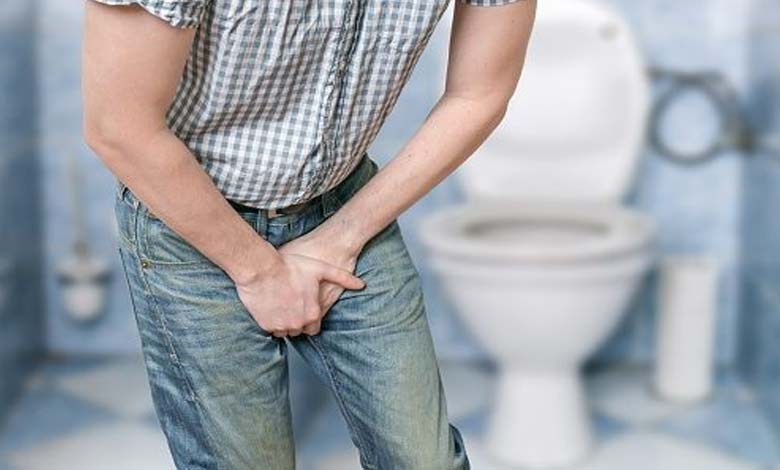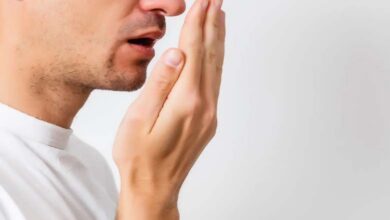Frequent Nighttime Urination Could Reveal a Respiratory Problem

The repeated need to get up at night to urinate, medically known as nocturia, is often regarded as a normal consequence of aging or excessive fluid intake before bedtime. However, recent research suggests that this symptom could also be an early indicator of respiratory disorders, particularly obstructive sleep apnea (OSA), a common yet frequently underdiagnosed condition.
Understanding Nocturia and Its Common Causes
Nocturia is defined as the need to wake one or more times during the night to urinate. Its most common causes include:
- benign prostatic hyperplasia in men,
- urinary tract infections,
- cardiovascular and kidney diseases,
- certain habits, such as alcohol or caffeine consumption before sleep.
When none of these causes are apparent, specialists increasingly examine the potential role of nocturnal respiratory disorders in triggering nocturia.
The Link Between Nocturia and Sleep Apnea
Obstructive sleep apnea is characterized by repeated pauses in breathing during sleep, often accompanied by snoring and micro-arousals. These breathing interruptions lead to intermittent hypoxia (decreased blood oxygen levels) and activation of the sympathetic nervous system, causing, among other effects:
- increased production of atrial natriuretic peptide (ANP),
- nocturnal diuresis, i.e., excessive urine production during the night.
Consequently, a patient with sleep apnea may experience nocturia without any underlying urinary pathology. Several studies have shown that a significant proportion of patients consulting for unexplained nocturia were, in fact, undiagnosed sleep apnea sufferers.
Associated Signs to Watch For
In addition to nighttime urination, certain symptoms may indicate a respiratory problem:
- loud and regular snoring,
- sensation of choking or breathing pauses during sleep,
- daytime fatigue, excessive sleepiness, difficulty concentrating,
- morning headaches.
The combination of nocturia with these signs strongly increases the likelihood of underlying sleep apnea.
Importance of Early Diagnosis
Early detection of sleep apnea is crucial because the condition can lead to numerous complications:
- hypertension and cardiovascular disorders,
- type 2 diabetes and metabolic syndrome,
- work or driving accidents related to daytime sleepiness,
- overall reduced quality of life.
Diagnosis typically relies on polysomnography or home sleep monitoring devices, which assess apnea frequency and nocturnal oxygenation.
Possible Treatments and Interventions
Treatment of sleep apnea, often via continuous positive airway pressure (CPAP), not only improves nighttime breathing but also reduces associated nocturia. Other interventions include:
- lifestyle modifications: weight loss, reduced alcohol and sedative intake, sleeping on the side,
- dental devices to keep the airway open,
- surgery in severe or treatment-resistant cases.
Conclusion
Frequent nighttime urination should not be dismissed as a benign phenomenon. When accompanied by snoring, daytime fatigue, or other respiratory signs, it may serve as an early indicator of sleep apnea. Timely and appropriate management of this condition can enhance quality of life, reduce cardiovascular risks, and, paradoxically, decrease nighttime awakenings to urinate.












